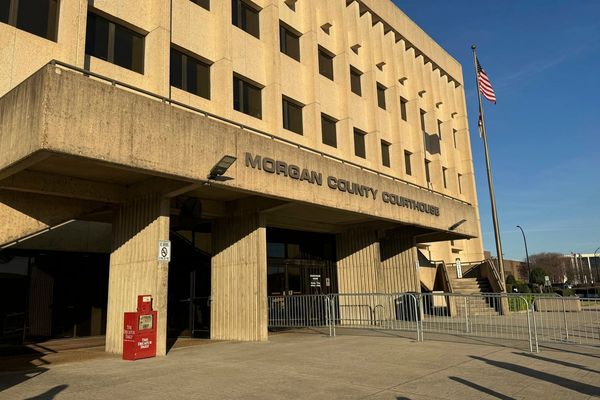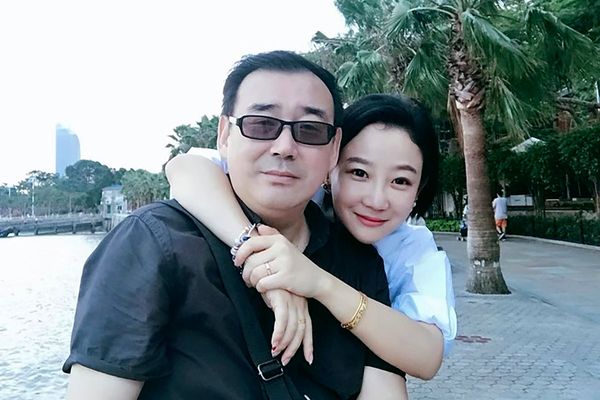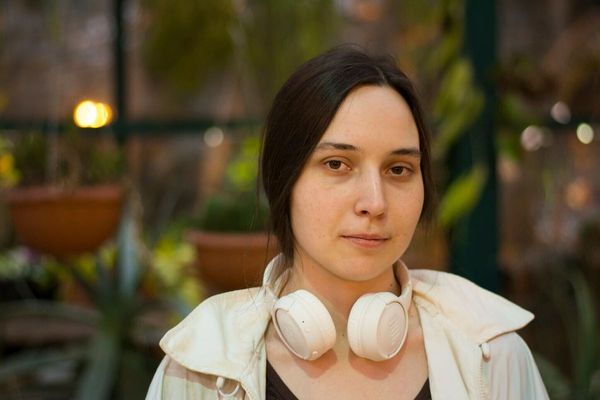The Queen and David Cameron have led tributes to the 453 British servicemen and women killed in Afghanistan, during a ceremonial end to the 13-year military operation.
The British monarch, who by tradition was the last to arrive at St Paul’s Cathedral in central London, was accompanied by the Duke of Edinburgh, the Duke and Duchess of Cornwall, the Duke and Duchess of Cambridge and Prince Harry – who served two tours during the conflict.
The prime minister sat alongside the Liberal Democrat leader, Nick Clegg, and the Labour leader, Ed Miliband. They joined 2,000 military personnel who gathered to honour the war dead, and veterans who served alongside them. A simultaneous service was held in Afghanistan for the troops who remain, while ceremonies were also held at military bases and churches in the UK, as well as in Germany.

The archbishop of Canterbury, Justin Welby, paid tribute not only to those who had lost their lives during the bloody conflict, but the families and support groups they had left behind. Addressing the 150,000 UK personnel who served in the conflict, he said: “We thank you for your faithfulness: you who left family behind, you who trained hard, you who did not turn from danger, you who suffered injury and you who risked yourselves to care for the injured.
“I’m told that each wounded person was supported by up to 80 others by the time they got home. Great is your faithfulness.” Turning his thoughts to those who lost their loved ones or supported family members as they carried out their tours, he added: “We also thank those of you who stayed behind, who let your loved ones go: you who worried for their safety each day and took your phone to your bedside each night, you who lived with the pining of children, as well as your own fears. Great is your faithfulness.
“We honour the faithfulness of all those who gave up their lives to give peace and security for others. We will remember them.” The archbishop blessed a cross made of shell casings, which was on a memorial wall in Camp Bastion, the main allied base in Afghanistan. The cross will now move to the Royal British Legion’s national memorial arboretum in Staffordshire.
The dean of St Paul’s, the Rev Dr David Ison, thanked aid agencies and organisations in Afghanistan, and commemorated “with sorrow and regret” those who were killed. He also asked for prayers for the “nation of Afghanistan”, calling for remembrance of the “danger which people in that great country continue to face today”.
Pte Josh Campbell, who lost both his legs in Helmand in 2009, met the Queen after the ceremony, saying it was a “very special and very nerve-racking moment”. The ceremony had been an important occasion for him and other veterans, he said. “It was very sombre remembering the men we lost and the friends who went through the same things,” he told the BBC.

“I lost several friends during operations in Afghanistan. I’m here to pay my respects and show my commitment to the army. It’s great to see that people haven’t forgotten.”
After the service, there was a march-past of servicemen and women, led by the Royal Marines band, Portsmouth, with the Prince of Wales accepting the salute of the troops. It was followed by fly-past of eight military aircraft.
UK forces joined a US-led coalition that invaded Afghanistan in 2001 and toppled the Taliban, in the wake of the 9/11 terrorist attack in the United States. At the height of the 13-year campaign the UK military had 9,500 troops and 137 bases in Helmand province.
The last UK base was handed over to the control of the Afghan security forces in October. At the time Michael Fallon, then the defence secretary, said the Taliban had not been defeated but Afghan forces were taking full responsibilities.
“Our armed forces’ tremendous sacrifice laid the foundations for a strong Afghan security force, set the security context that enabled the first democratic transition of power in the country’s history and stopped it being a launchpad for terrorist attacks in the UK,” he said, as the troops were pulled out. Nato finished its mission in December.
Speaking before the service, the Afghan president, Ashraf Ghani, told the BBC the 453 UK troops had “paid the ultimate sacrifice to enable us to live in freedom, in hope for peace, prosperity and dignity”.
Friday’s commemoration came after Tony Blair admitted he had not foreseen just how long the struggle in Afghanistan would last when he first deployed troops in the wake of the 9/11 attacks. In an interview with Forces TV, the former prime minister, who attended the service, said that even now it was not properly understood just how much more there was to be done.
“I think we have not yet understood the depth of this problem, the scale of it, and the need for a comprehensive strategy to deal with it,” he said. “It is not just Islamic State in Iraq and Syria. It is happening day in and day out – there are thousands of people losing their lives every few weeks.”
He said he believed his decision to deploy British troops in Afghanistan had been justified, although he acknowledged that families who had lost loved ones may feel differently.
• The headline on this article was amended on 18 March 2015. An earlier version said incorrectly that a ceremony took place at Camp Bastion.







